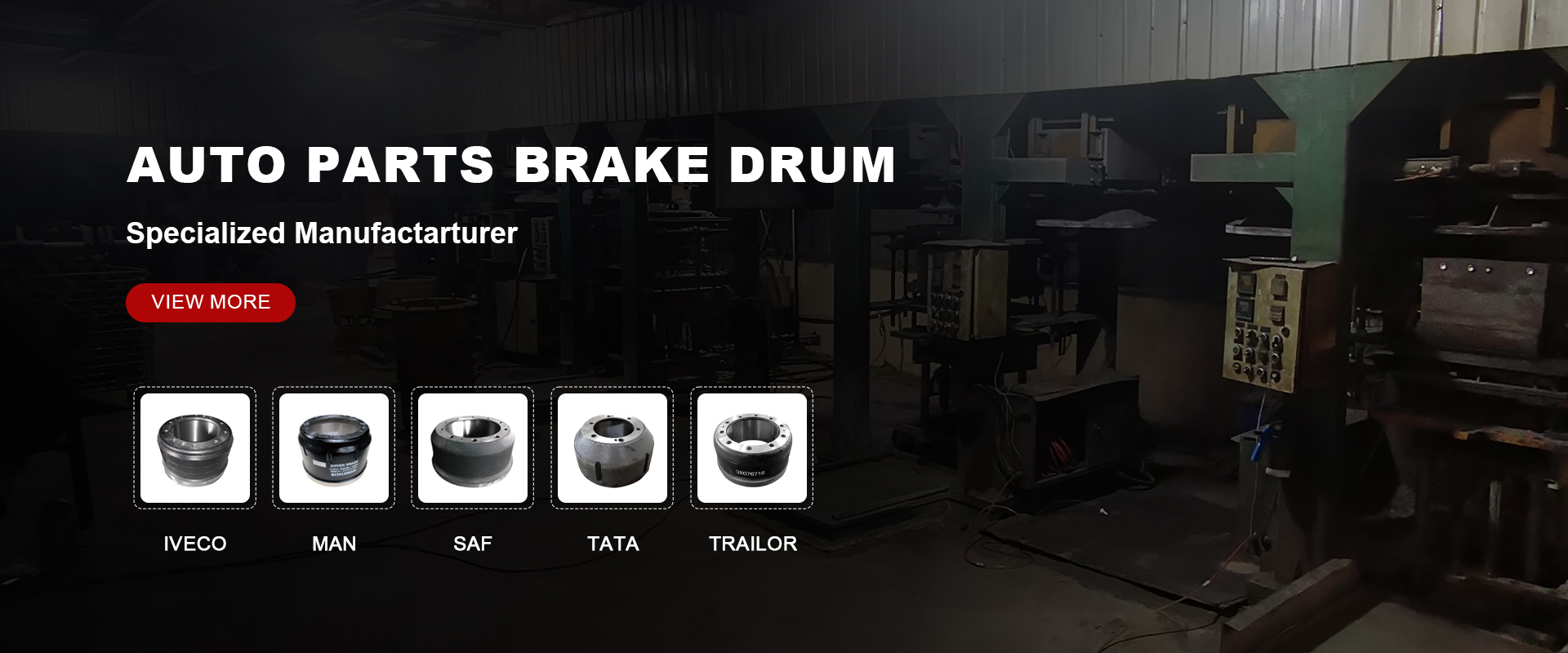Sep . 14, 2024 03:53 Back to list
brake drums vs discs
Brake Drums vs. Brake Discs Choosing the Right System for Your Vehicle
When it comes to automotive braking systems, two primary types dominate the market brake drums and brake discs. Each system has its advantages and disadvantages, influencing their applications in various vehicles. Understanding the difference between these two systems can help vehicle owners, manufacturers, and mechanics make informed decisions.
Brake Drums Overview and Advantages
Brake drums have been in use for many decades and are commonly found in older vehicles and certain modern applications, particularly in the rear brake assemblies of trucks and some compact cars. A brake drum consists of a circular metal drum that rotates with the wheel. Inside, brake shoes press against the drum's inner surface to generate friction and slow the vehicle down.
One of the primary advantages of brake drums is their cost-effectiveness. They tend to be less expensive to manufacture than disc brakes, making them appealing for budget-conscious manufacturers. Additionally, brake drums typically provide better braking performance in low-speed, high-load situations, making them suitable for heavy-duty vehicles.
Brake Discs Overview and Advantages
brake drums vs discs

In contrast, brake discs (or rotors) are now more prevalent in modern vehicles, especially in the front braking systems. A disc brake consists of a flat metal disc that rotates with the wheel and is squeezed by brake calipers equipped with brake pads to create friction.
One of the standout benefits of brake discs is their superior heat dissipation. Disc brakes can manage heat more effectively, reducing the risk of brake fade during prolonged use. This characteristic makes them ideal for high-performance and high-speed applications. Additionally, brake discs provide better wet weather performance, as their design is less prone to retaining water compared to drum brakes.
Comparison and Conclusion
When comparing brake drums and brake discs, it becomes clear that each has its unique strengths and appropriate applications. While drum brakes are economical and perform well under certain conditions, disc brakes offer enhanced performance, longevity, and safety features, especially in adverse conditions.
Ultimately, the choice between brake drums and brake discs will largely depend on the specific requirements of the vehicle, driving conditions, and budget constraints. Vehicle manufacturers and owners must weigh these factors carefully when selecting the right braking system, ensuring optimal safety and performance on the road. Whether one opts for the traditional drum or the modern disc, understanding these systems is crucial for making informed automotive decisions.
-
Scania Brake Drums: OEM Quality for Optimal Safety & Durability
NewsAug.16,2025
-
R.V.I: Advanced Remote Visual Inspection for Precision
NewsAug.15,2025
-
Discover HYUNDA: Innovative Vehicles, Equipment & Solutions
NewsAug.14,2025
-
R.V.I: Unlock Advanced Insights & Real-time Performance
NewsAug.13,2025
-
Kamaz Brake Drum: Durable & Reliable for Heavy Duty Trucks
NewsAug.12,2025
-
Heavy Duty Iveco Brake Drum - Premium Quality & Safety
NewsAug.11,2025
